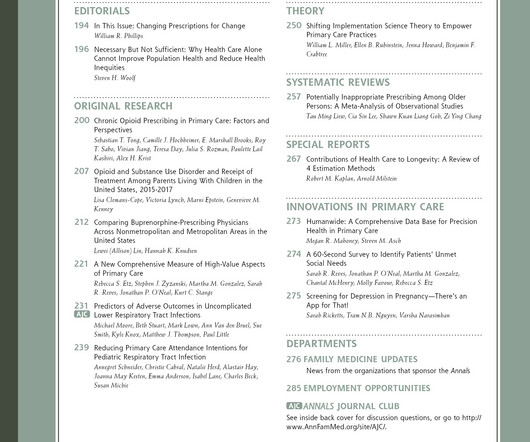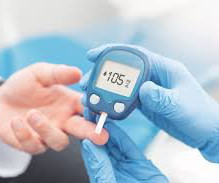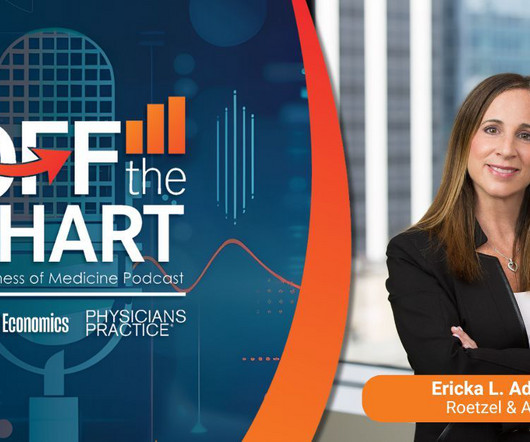Addressing diabetes management in the context of social needs: a qualitative study of primary care providers [Diabetes and endocrine disease]
Annals of Family Medicine
NOVEMBER 20, 2024
Context: Diabetes management (DM) for patients with Type 2 Diabetes (T2D) can be hindered by non-medical, health-related social needs. family medicine, general internal medicine, endocrinology) affiliated with an academic medical center serving a diverse population in a mid-western metropolitan area.












Let's personalize your content